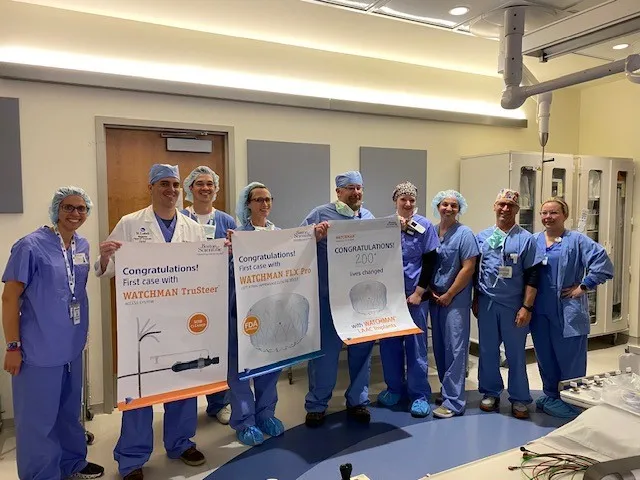June is National Fruit and Vegetable Month, a time to celebrate the vibrant array of fresh produce that can brighten our plates and boost our health. Eating a variety of fruits and vegetables is not just about adding color to your meals; it's about embracing a wealth of nutrients that each color group provides.
“I encourage people to eat a rainbow of colors, just like the many colors of a crayon box,” says Bonnie Hessedal, a Registered Dietitian and Certified Diabetes Care and Education Specialist with Aspirus Health, who calls this approach the “rainbow diet.”
“When you eat a rainbow of colors, you're getting a variety of nutrients called phytonutrients or phytochemicals, which help prevent health problems and chronic diseases,” explains Hessedal. “For instance, reds like strawberries and red peppers are rich in lycopene for heart health. Oranges and yellows, with vitamin C and beta carotene, benefit your eyes and immune system. Greens provide essential vitamins and protect against cancers. Blues and purples, such as blueberries and eggplant, have anti-aging properties and aid in cancer prevention.”
One of the best ways to access a diverse range of fresh, colorful produce is by visiting local farmers’ markets. These markets not only support local agriculture but also offer a bounty of seasonal fruits and vegetables that might not always be available in supermarkets. Farmers’ markets are fantastic for finding fresh, seasonal produce, often picked at peak ripeness, making it more nutritious and flavorful.
Unfortunately, many individuals and families face challenges in accessing sufficient affordable, nutritious food—a problem known as food insecurity. This issue contributes to health disparities and nutritional deficiencies across communities. Acknowledging this critical need, Aspirus Health has launched the eighth year of their Fruit and Vegetable Prescription (FVRx) Program, aimed at providing patients with access to fresh produce.
Patients identified by the Care Coordination Team as having a need—whether due to food insecurity, low income, chronic conditions, or lack of access—are given a “prescription” to use at participating farmers' markets in the Aspirus service area. This program is designed to ensure more families have access to nutritious foods, addressing food insecurity at its root.
“Oftentimes, I'm talking to patients who've never been to a farmers’ market because they think it's too expensive or maybe they can't use their food benefit card. So, when they are offered a voucher and can finally go to a farmers’ market, they see the variety of produce they can get there – we at Aspirus recognize how important that is,” says Hessedal.
Aspirus Health believes that initiatives like the FVRx are essential steps toward building healthier and more resilient communities. By addressing food insecurity at its root and promoting access to nutritious foods, we can work together to create a brighter and healthier future for all.
For a full list of participating farmers' market locations and more information on the FVRx program, visit https://www.aspirus.org/fvrx-program.






